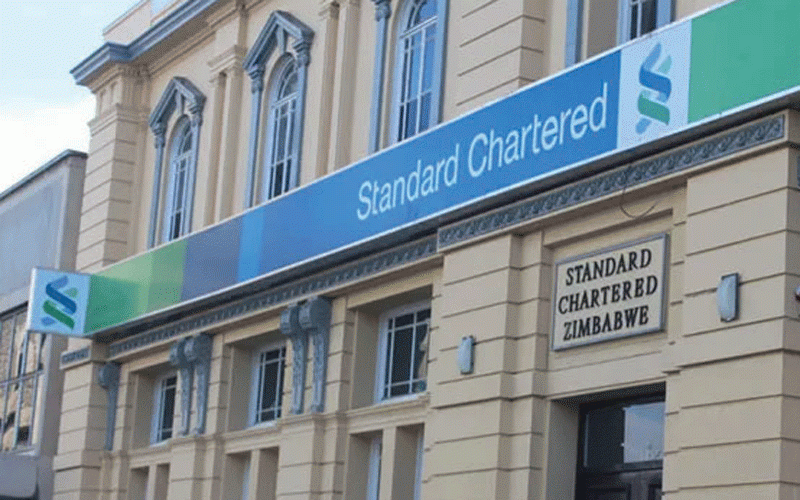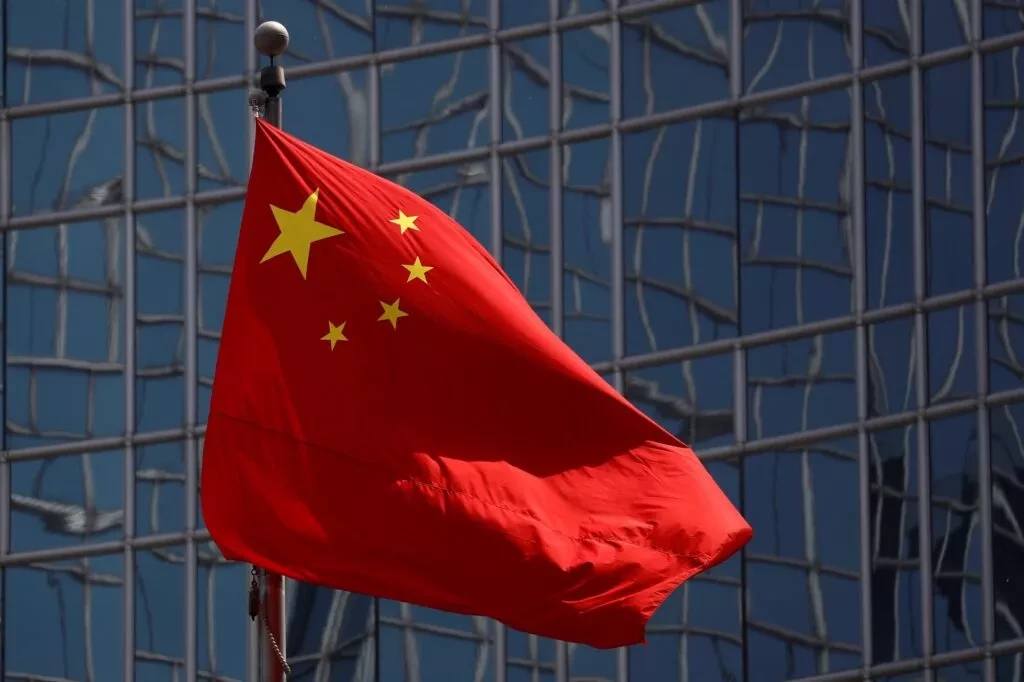
ON November 14, 2023, the Reserve Bank of Zimbabwe (RBZ) gave its nod of approval for the transaction involving the 100% acquisition of Standard Chartered Bank Zimbabwe (Stanchart) by FBC Holdings Limited (FBCH).
This followed an announcement made in April 2022 by Standard Chartered PLC to divest from several markets, including Zimbabwe, and FBCH emerged the winning bidder.
Furthermore, it is important to note that the transaction included FBCH assuming total control and ownership of Stanchart, as well as an economic interest in Africa Enterprise Network Trust, which holds a substantial stake in Mashonaland Holdings Limited.
The transaction also fell within FBCH’s market adoptive plan of enriching and widening its loan underwriting capacity in the face of increasing volatility.
Stanchart and FBCH merged operations last week. However, while awaiting regulatory approval for a name change, Stanchart will continue to operate under its traditional name for the next three months.
The acquisition was based on the net asset value of Stanchart’s balance sheet and its aforementioned fund, Africa Enterprise Network Trust (AENT), totalling a circa US$140 million. FBCH’s acquisition of Stanchart strengthens its position in the Zimbabwean banking sector.
By acquiring Stanchart, FBCH expands its market share, customer base, and overall influence to a relatively notable degree. The planned operational synergy will also likely lead to cost savings, and improved efficiency.
Moreover, it is key to note that Stanchart being an international brand (before the synergy) boasted of international clout, which affected its balance sheet in a way. Therefore, in-line with FBCH’s long-game, the merger will likely lead to increased capacity to fund the private sector through long-term borrowings sourced from international markets at favourable conditions, using increased underwriting capacity.
- Investor guns for StanChart
- RBZ blocks Harare US dollar charges
- Industry cries foul over new export surrender requirements
- One stitch in time saves nine
Keep Reading
In the full-year ended December 31 2023, FBCH had an aggregate deposit level of ZW$1,11 trillion (US$181,8 million at ZW$6 104,72 to the greenback) against an aggregate loan book of ZW$1,6 trillion (US$262 million).
In real-terms, the net loan asset in relation to the group’s balance sheet is strong enough to withstand currency volatility. In this light, the new synergy is expected to further strengthen the overall group’s position by extending the core banking business to untapped markets and riskier endevours that include long-term facilities, which are often avoided in the fear of volatility.
On the other hand, it is also important to note that FBCH and Stanchart operated under different cultures and practices. However, locally, Stanchart was too small in size relative to FBCH.
Despite this, both banks had lucrative products in place and in the pipeline. We expect the synergy to benefit clients from both banks as products merge and apply across board.
However, this may be prolonged and take time to execute as the decision to retain full labour force from Stanchart will require a culture change, which can never be instant. In this light, workforce adjustments, including redundancies or redeployments, are highly expected in the short to medium term.
As the decision to exit most countries was contemplated years back, Stanchart had already started downsizing operations, which led to severe cliental loss. However, the company did not shed much out of its balance sheet during this period.
Consequently, we expect the synergy to benefit FBCH more on the financial and operational leverage side, than it will on the market share side in terms of customer base. To lure more customers, the synergy ought to take advantage of different cultures from the different companies under the merger to offer tailor made services to different sectors and interests in the market.
This can hasten the financial inclusion efforts, thus lucratively targeting different and all parts of the market.
- Duma is a financial analyst and accountant at Equity Axis, a leading media and financial research firm in Zimbabwe. — [email protected] or [email protected], Twitter: TWDuma_











